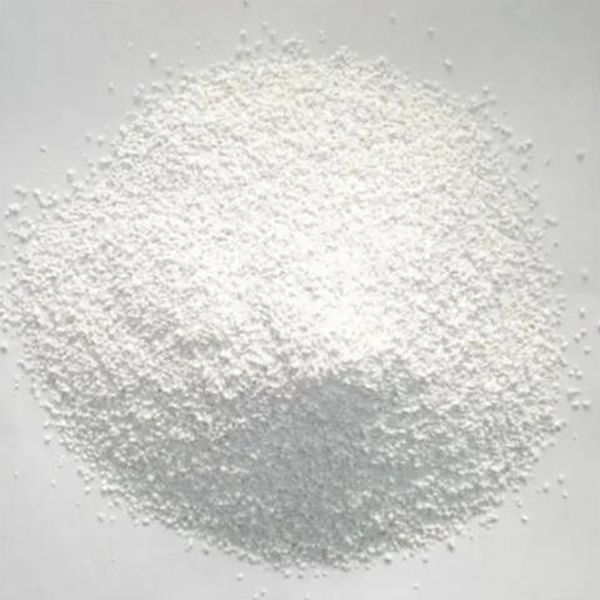Thiamphenicol is a chloramphenicol broad-spectrum antibiotic that has a stronger effect on Gram-negative bacteria than positive bacteria. It is white to off-white crystalline powder or crystals at room temperature. It can be quickly and completely absorbed by oral administration, and the metabolism is mainly excreted from the urine in its original form. Clinically, it is mainly used for the treatment of intestinal surgery such as respiratory, urinary, hepatobiliary, typhoid fever, obstetrics and gynecology and facial features infections, especially for moderate to mild infections. The chemical structure is similar to that of chloramphenicol. Its sulfone group replaces the nitro group of chloramphenicol, so its toxicity is reduced. Its antibacterial effect is 2.5-5 times stronger than that of chlortoxin. It has a strong antibacterial effect on Gram-positive bacteria such as Pneumococcus and Streptococcus hemolyticus. Gram-positive bacteria such as Neisseria gonorrhoeae, Meningococcus, Pneumococcus, Escherichia coli, Vibrio cholerae, Shigella and Influenza bacilli have strong antibacterial effects, and also have certain antibacterial effects on anaerobic bacteria, rickettsia, amoeba, etc. The mechanism of action is the same as chloramphenicol. It mainly inhibits the synthesis of bacterial proteins. The drug is rapidly absorbed orally. The blood concentration can reach the highest peak within 2 hours. The half-life is 5 hours, which is longer than chloramphenicol. The bacteria are completely cross-resistant between this product and chloramphenicol. It has some cross-resistance to this product and tetracycline drugs. Thiamphenicol also has a strong immunosuppressive effect and is an excellent immunosuppressive agent. Its mechanism of action is significantly different from other immunosuppressive agents, and its immunosuppressive effect is several times higher than that of chloramphenicol. In order to reflect the effective extension agent for transplantation and surgical allogeneic transplantation. The domestically produced thiamphenicol enteric-coated tablets are mainly used to treat respiratory tract, urinary tract, and intestinal infections caused by sensitive bacteria such as Haemophilus influenzae, Escherichia coli, and Salmonella.

Post time: Jun-11-2020